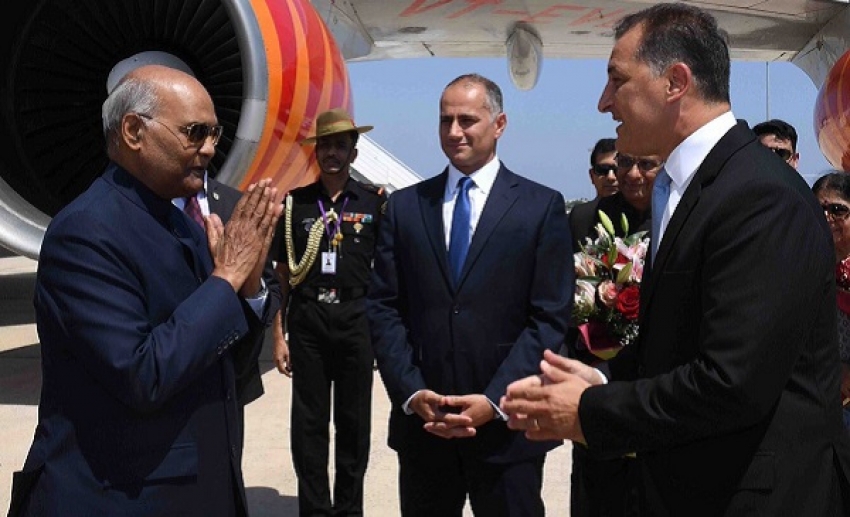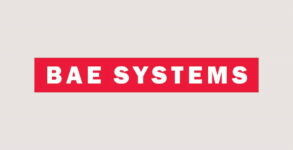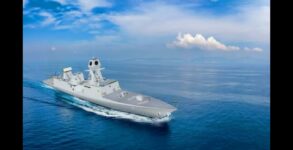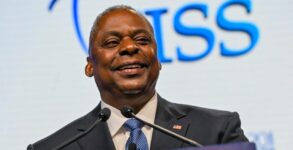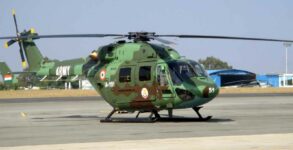In diplomacy, visits and interactions matter. However, what has surprised foreign watchers and political pundits alike is sudden rush in President Ram Nath Kovind and Vice-President M Venkaiah Naidu’s back to back visits to Southern and Eastern Europe. While President Kovind concluded his trips to Europe in two rounds–first to Greece on June 16 and second to Cyprus, Bulgaria and Czech Republic on September 2-9, Vice President Naidu is currently on a seven-day visit from September 14 to 21 to Serbia, Malta and Romania—all Eastern and Southeastern European nations. These countries are part of the 48-nation Nuclear Suppliers Group, the non-proliferation group which is going to have a special meet in December.
At the Latvia meet of the NSG in June, India again could not find a place in the elite group that deals with fissile materials and nuclear technology. But at the forthcoming meet of the group, India wants to be a major contender for the membership, given that it has already got the membership of Missile Technology Control Regime (MTCR), Wassenaar Arrangement and Australia Group.
These Southern and Eastern European nations are dead against weapons of mass destruction; they are against proliferation of nuclear technology. Though they support India’s candidature to the NSG, India wants to get confirmation from them that they would stick to their stand when the next meet of the elite non-proliferation group takes place.
Is China’s loan diplomacy taking South Asia in its deadly grip?
China is the only country within the NSG which works as a stumbling block before India’s chance. Beijing’s stand is that to become a member of the group, India should first sign the Nuclear non-Proliferation Treaty (NPT). India has not signed it as it considers it discriminatory. Yet India enjoys the support of four permanent members of the Security Council on the NSG membership. Instead, the US has gone to the extent of saying that it will support India’s membership at the nuclear non-proliferation club no matter what remains China’s stand. “We have deemed that we are not going to limit our own cooperation with India based on a Chinese veto. Of course, we moved ahead with a STA-1 (Strategic Trade Authorization) and we certainly believe that India meets all of the qualifications of the nuclear suppliers’ group and will continue to actively advocate on behalf of India’s membership,” Alice Wells, the Principal Deputy Assistant Secretary of State for South and Central Asia recently said.
By granting STA-1 status, the US has placed India in the inner circle of America’s closest allies like Japan, South Korea and NATO countries. It allows the US to export sensitive technology to India without approval from Congress. This has also pushed India closer to the NSG membership. But then in the past three years, India has worked hard to stay course the NSG battle, despite China using all means to thwart India’s efforts. European countries like Cyprus, Bulgaria, Czech Republic, Serbia, Malta and Romania as members of erstwhile Soviet bloc share close relations with India. They also form the part of China’s 16+1 format under which Beijing provides preferential financing to support investment projects, using Chinese inputs, in Central and East European countries.
In April, volcano of European countries resentments erupted against China’s Belt and Road Initiative. As many as 27 ambassadors of the 28 European member states—with Hungary being the only exception, drafted a report that condemned China’s ‘Silk Road’ project, denouncing it as designed to block “the EU agenda for liberalizing trade, and push the balance of power in favour of subsidized companies.” It is in the background, India, the world’s 6th largest economy, has smelt an opportunity to make serious inroads into Eastern, Southern and Central European nations. Apart from seeking their help in brightening India’s chance at the forthcoming NSG meet, New Delhi is trying to explore their markets for ‘Make in India’ products, including defence ones. President Kovind’s just concluded visits and Vice President Naidu’s ongoing trips to the Southern and Eastern European nations need to be viewed in this perspective.
Disclaimer: The opinions expressed in this article are the personal opinions of the author.

